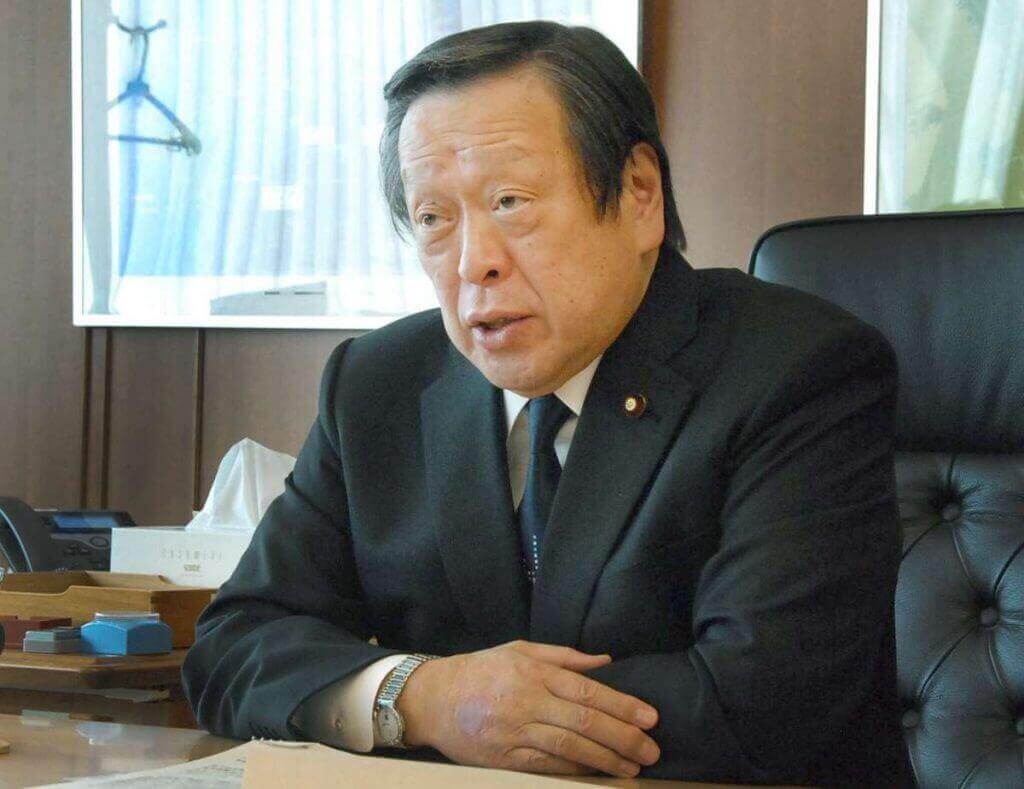In its most recent annual defence white paper, Japan’s Defence Ministry identified China as the “greatest strategic challenge” and called Russia’s invasion of Ukraine a “serious violation of international law.”
As usual, it identified its biggest international security threats rooted in the region: Russia, North Korea, and China.
In the paper’s opening remarks, Japanese Minister of Defence, Hamada Yasukazu said that the international community is “facing its greatest trial since World War II.”
China
Backed by “tremendous military capabilities,” the paper said that China has been “intensifying its activities across the entire region surrounding Japan, including in the East China Sea, particularly the area around the Senkaku Islands, the Sea of Japan, and the western Pacific Ocean.”
It also mentioned the “increasing military pressure on Taiwan” and China’s continued military foothold in the South China Sea.
Against this backdrop, Tokyo said that China’s “current external stance, military activities, and other activities have become a matter of serious concern for Japan” and the international community, and present “an unprecedented and the greatest strategic challenge to which Japan should respond with its comprehensive national power and in cooperation and collaboration with its ally, like-minded countries.”
North Korea
The paper also spoke of North Korea’s repeated launch of “ballistic missiles that fly with irregular trajectories,” and the many launches of hypersonic and long-range cruise missiles, “with the intention of mounting them with tactical nuclear weapons.”
“Such military activities pose an even more grave and imminent threat to Japan’s national security than ever before and significantly undermine the peace, stability and security of the region and international community,” it said.
Japan defence ministry releases its annual white paper; Highlights how China is rapidly enhancing its military capabilities, continuing it's unilateral changes to status quo in South/East China sea. pic.twitter.com/QhBFSGpOkP
— Sidhant Sibal (@sidhant) July 28, 2023
Russia
The paper outlined that Russia has been “promoting the modernisation of various types of equipment, including its nuclear capabilities, and reinforcing its armaments by deploying new types of equipment” in Japan’s Northern Territories and the Chishima Islands.
In addition, it noted the deepening of its coordination with China through “increasing joint activities.”
Moreover, the paper highlighted that despite being a permanent member of the UN Security Council, Russia has “shown disregard for international law by launching an aggression against a sovereign country and repeating rhetoric and actions that can be interpreted as threats of nuclear weapons use.”
On Self-Defence
Hamada concluded that under such circumstances, “diplomatic efforts are the foremost priority of Japan, which has experienced WWII and has since been pursuing the path of a peace-loving nation.”
While Japan remains committed “to respecting the rule of law and settling any disputes not through the use of forcible measures but peacefully and diplomatically,” it added that, at the same time, “in order to protect the lives and livelihood of Japanese nationals, it is essential to make efforts to “defend our country by ourselves” and increase deterrence.
Accordingly, for 2023, Hamada highlighted that Tokyo will focus on two priorities:
- Maximize the “effective use” of its current equipment by “improving operational rates, securing sufficient munitions, and accelerating investments in improving the resiliency of major defence facilities;”
- Strengthening “the core areas of its future defence capabilities, including stand-off defence capabilities that can be utilised as counterstrike capabilities and unmanned assets.”
The paper also pledged to deepen collaboration with “like-minded” partners, such as the US.

